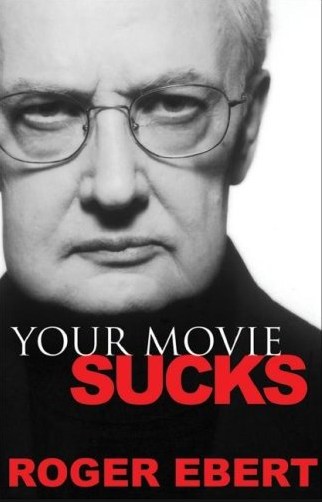 Murray Kempton once said “A critic is someone who enters the battlefield after the war is over and shoots the wounded”, and I’ve always felt the same way. Being a professional critic, even one with a Pulitzer, sounds unsatisfying and wearisome. You’re not a creator. You’re a parasite, feeding off someone else’s work. Even if you help guide a reader to an amazing artist, it’s the artist they’ll remember, not you. This is one of the final books by a man who performed this unfulfilling duty for nearly fifty years.
Murray Kempton once said “A critic is someone who enters the battlefield after the war is over and shoots the wounded”, and I’ve always felt the same way. Being a professional critic, even one with a Pulitzer, sounds unsatisfying and wearisome. You’re not a creator. You’re a parasite, feeding off someone else’s work. Even if you help guide a reader to an amazing artist, it’s the artist they’ll remember, not you. This is one of the final books by a man who performed this unfulfilling duty for nearly fifty years.
Roger Ebert was the best film critic of his time, and maybe one of the best writers, too. He was an optimiser, with an uncanny ability to fit twenty words’ meaning into ten words’ space. He was also a master of the dead-on metaphor. “…like an alarm that goes off while nobody is in the room. It does its job and stops, and nobody cares.” Or “…like taking a bus trip with someone who has needed a bath for a long time“.
It would be too to write this just by copying and pasting quotes from his reviews. Ebert was much more than just a critic, although he was very good at that. Most of the time, anyway. It’s true that in his final years he started playing softball with his ratings – I got the feeling that he loved movies so much that he didn’t have the heart to criticise them by the end. But those years are not found in this book, which collects all his vitriol from 2000 to 2006 or so.
The title comes from a famous incident in 2005, when he slammed a Rob Schneider movie and provoked an embarrassing reaction from said director. There’s two other another confrontations with irate directors mentioned in the beginning, then it’s on to the reviews. Ebert watched about 500 movies a year, and was indiscriminate in his taste. There’s underground art films, and Hollywood blockbusters, and even childrens’ movies.
The book’s worth reading as a sample of Ebert’s writing, but it’s also an interesting exhibit of the art of criticism. Ebert was perfectly happy to watch a movie he didn’t understand, or one that wasn’t aimed at him. He’d simply describe his reaction, and let that suffice as a review of the movie. As he himself said, “Even when a critic dislikes a movie, if it’s a good review, it has enough information so you can figure out whether you’d like it, anyway.” Although at one point (the review of the first Scooby-Doo movie) he just throws up his hands and tells you to go read someone else’s review.
Ebert was a powerful writer and a clever man, but I wonder whether he regretted any of this. He tried his hand at making movies in the early days. What if he’d stuck at it? He has a good understanding of filmmaking and storytelling, but whether that translates to actual cinematic success is anyone’s guess. Many of these reviews are better than the movies that inspired them, but they probably won’t be remembered as long – if at all. As I said, it must be frustrating being a critic. You’re like a eunuch guarding the sultan’s harem – you know all about it…and you can’t do it.
No Comments »
Comments are moderated and may take up to 24 hours to appear.
No comments yet.
